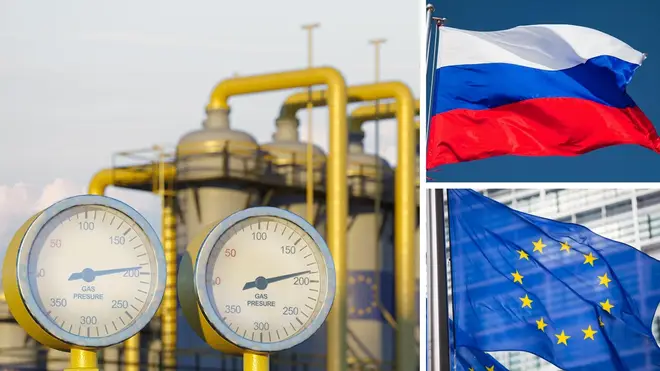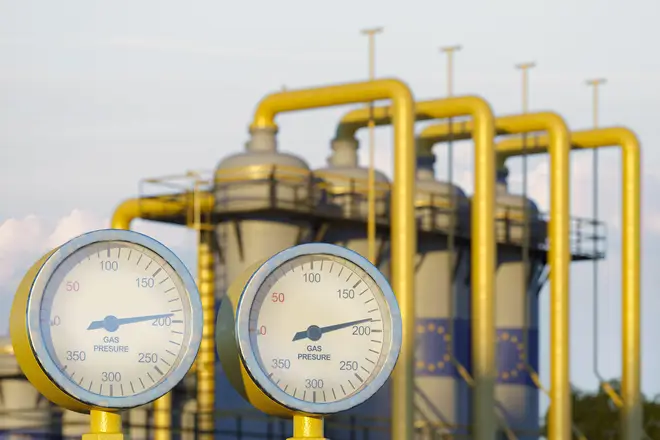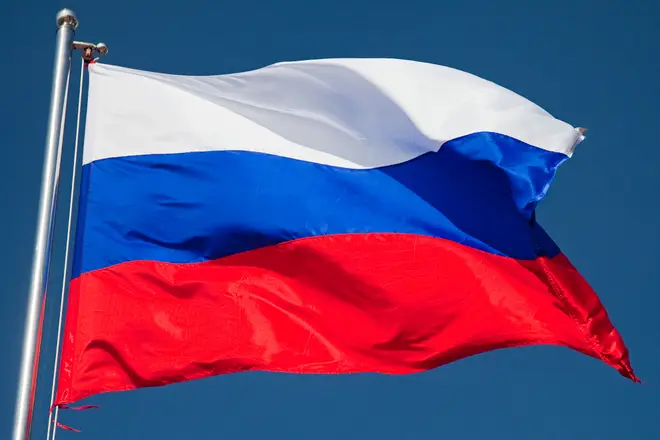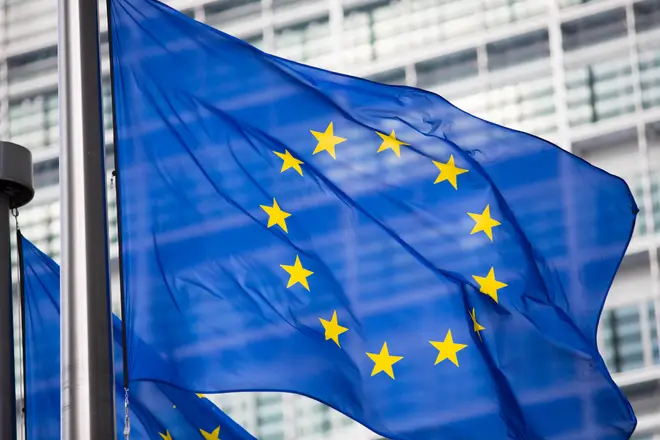
Iain Dale 7pm - 10pm
5 September 2022, 16:03

The Kremlin has warned that Russia will not resume gas supplies to Europe until western sanctions are lifted.
Kremlin spokesman Dmitry Peskov, speaking to journalists on Monday, blamed the "collective West" for Russia's decision to shut down the crucial Nord Stream pipeline.
He told the Interfax news agency: "The problems pumping gas came about because of the sanctions western countries introduced against our country and several companies.
"There are no other reasons that could have caused this pumping problem."
Peskov added that Russia’s full resumption of gas supplies via Nord Stream 1 was “undoubtedly” dependent on whether the west would lift its sanctions on Moscow.
The statement appears to suggest that the decision to cut energy supplies is in retaliation to Western sanctions, and not a result of technical faults - as had been previously claimed.

On Friday 2nd September, Russian energy supplier Gazprom announced that gas supplies heading westwards would be suspended indefinitely, pointing to "malfunctions" on a turbine along the Nord stream pipeline.
But after recent statements from the Kremlin, it appears the decision is politically motivated.
Russia has been largely cut off from Western economies since sanctions were placed on the nation following their decision to invade Ukraine.

Russia's central bank has been doing what it can to help the economy cope with the sanctions, but Columbia University’s Center for Global Energy Policy, Eddie Fishman, told Vox that the country was still experiencing problems.
"Even the most conservative estimates suggest Russia’s GDP will contract by 6 percent this year — a larger hit than the 1998 Russian financial crisis," he said.
"Absent sanctions, Russia’s economy was poised for growth this year."
Mr Fishman said that the country’s inability to import goods "has led to shortages of foreign components and rapidly declining industrial production".
"The result has been a wave of underemployment that will eventually translate into layoffs and declining living standards," he said.

European gas prices have gone up 400% compared with last year, leading EU governments to pump billions of euros into schemes to help households to cope with higher prices.
On Sunday 4th September, Germany announced a €65bn (£56.2bn) package including one-off payments to the most vulnerable and tax breaks for energy-intensive firms to help the public and industry cope with the energy crisis.
Six months since Russia first launched its offensive, which leader Vladmir Putin thought could see the country capture Kyiv in two days, the nation continues to struggle to make gains in the conflict.